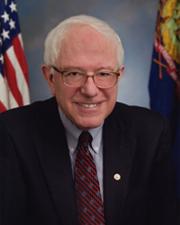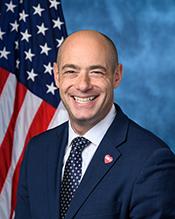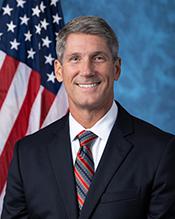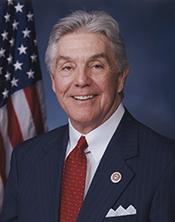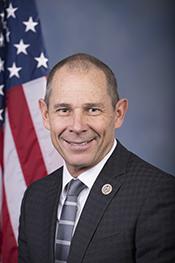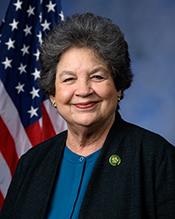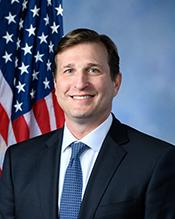S. 1753: End Price Gouging for Medications Act
The End Price Gouging for Medications Act
is a proposed bill that aims to regulate the prices of prescription drugs for various federal health programs. Here’s a breakdown of what the bill entails:
Establishment of Reference Prices
The bill requires the Secretary of Health and Human Services to set annual reference prices for each prescription drug. These reference prices would act as a cap on the retail list price of drugs for individuals covered by federal health programs. Specifically, the retail price of a drug must not exceed its established reference price.
Determining Reference Prices
The reference prices will be determined based on criteria that include:
- The lowest retail list price of the drug among selected reference countries, provided pricing information is available for at least three of those countries.
- If the pricing information is not available for the necessary number of countries, the Secretary will establish the reference price considering factors such as:
- The therapeutic effect and value of the drug.
- Patient access to the drug.
- Research and development costs associated with the drug.
- Other relevant factors determined by the Secretary.
Reference Countries
The reference countries listed in the bill include:
- Australia
- Austria
- Belgium
- Canada
- France
- Germany
- Italy
- Japan
- The Netherlands
- Sweden
- Switzerland
- United Kingdom
Application to Federal Health Programs
The reference prices will apply to covered drugs in various federal health programs, including:
- The Medicare program
- State Medicaid plans
- The State Children's Health Insurance Program (CHIP)
- The TRICARE program for military families
- Department of Veterans Affairs healthcare services
- The Federal Employees Health Benefits Program
- Any health programs funded under the Indian Health Care Improvement Act
Impact on Other Purchasers
The bill mandates that drug manufacturers must also offer their prescriptions at the reference price to all individuals, regardless of insurance status. For those with private insurance, the total cost covered by the insurance plus out-of-pocket expenses must not exceed the reference price.
Enforcement Provisions
If drug manufacturers fail to comply with these price regulations, they may face civil penalties. The penalty would amount to five times the difference between the sales amount the manufacturer received for the drug and the amount they would have received had they complied with the price cap.
Additionally, the bill states that the funds collected from penalties will be transferred to the Director of the National Institutes of Health to support drug research and development.
Applicability to Drug Types
The reference price established will apply to both brand-name and generic drugs that are approved under specific sections of the Federal Food, Drug, and Cosmetic Act and the Public Health Service Act.
Relevant Companies
- AMGN (Amgen Inc.) - Likely to be affected as a major manufacturer of prescription medications.
- PFE (Pfizer Inc.) - Will need to adjust drug pricing in compliance with reference prices set by the bill.
- LLY (Eli Lilly and Company) - As a significant player in the pharmaceutical market, pricing strategies may need reevaluation.
- NVS (Novartis AG) - May have to alter pricing structures for drugs sold in the U.S. under federal programs.
This is an AI-generated summary of the bill text. There may be mistakes.
Sponsors
4 bill sponsors
Actions
2 actions
| Date | Action |
|---|---|
| May. 14, 2025 | Introduced in Senate |
| May. 14, 2025 | Read twice and referred to the Committee on Health, Education, Labor, and Pensions. |
Corporate Lobbying
0 companies lobbying
None found.
* Note that there can be significant delays in lobbying disclosures, and our data may be incomplete.


